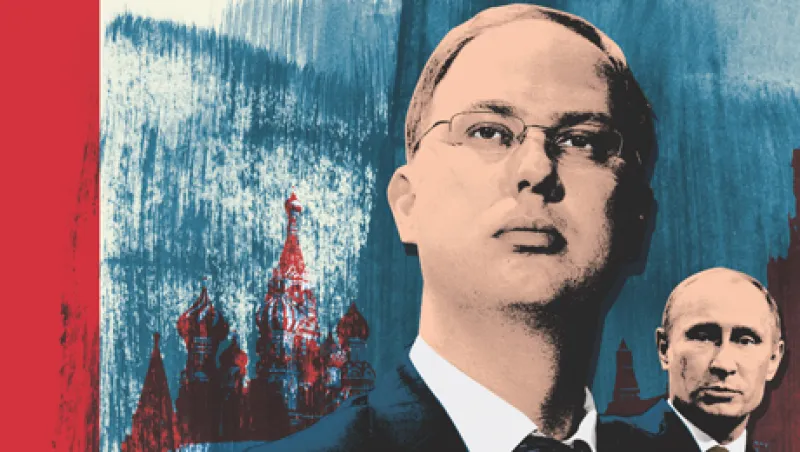
Russia Tries to Court Foreign Investment
Expropriations, corruption, and bureaucracy have kept foreign investors out of Russia. Now the Kremlin is trying a new tack: offering to partner with private equity and sovereign wealth funds.
Craig Mellow
October 13, 2011


